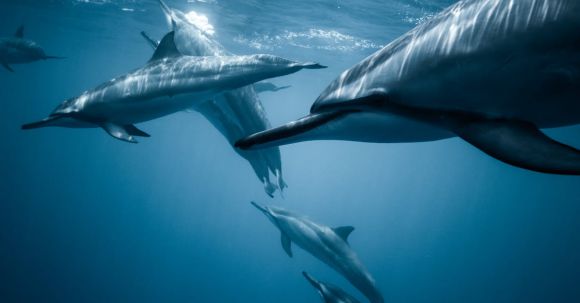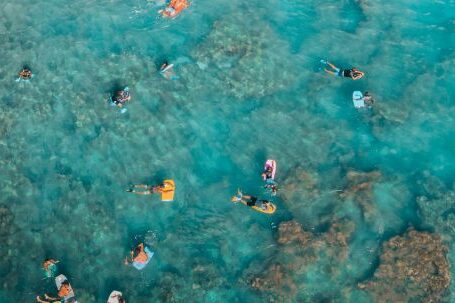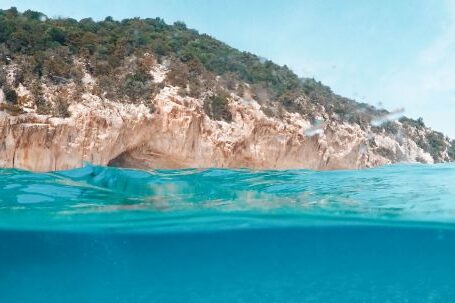The world’s oceans are home to a diverse array of marine life, including colorful coral reefs that are teeming with biodiversity. However, these fragile ecosystems are under threat from human activities such as overfishing, pollution, and climate change. It is crucial for us to take action and protect marine life and coral reefs for future generations. In this article, we will explore some practical steps that individuals can take to make a difference.
Understanding the Importance of Coral Reefs
Coral reefs are often referred to as the “rainforests of the sea” due to their incredible biodiversity. They provide habitat and protection for thousands of species, including fish, turtles, and sharks. Additionally, coral reefs contribute to the local economy through tourism and fishing activities. However, these vital ecosystems are rapidly disappearing due to human-induced factors.
Reduce Your Carbon Footprint
One of the primary threats to coral reefs is climate change. Rising sea temperatures and ocean acidification are causing coral bleaching, a process that leads to the death of coral reefs. To combat climate change, we must reduce our carbon footprint. This can be done by using energy-efficient appliances, driving less, and opting for renewable energy sources whenever possible.
Practice Responsible Tourism
Tourism can have both positive and negative impacts on coral reefs. When visiting coastal areas, it is important to choose responsible operators that prioritize the protection of marine life. Avoid activities that harm coral reefs, such as touching or standing on them. Additionally, be mindful of the products you use, as some sunscreens contain harmful chemicals that can damage coral reefs. Opt for reef-safe sunscreens that are free from oxybenzone and octinoxate.
Support Sustainable Fishing Practices
Overfishing is a significant threat to marine life and coral reefs. To support sustainable fishing practices, individuals can make informed choices when purchasing seafood. Look for labels such as MSC (Marine Stewardship Council) or ASC (Aquaculture Stewardship Council), which indicate that the product was sustainably sourced. Additionally, consider reducing your consumption of seafood altogether to alleviate pressure on fish populations.
Reduce Plastic Pollution
Plastic pollution poses a significant threat to marine life, including coral reefs. Plastic debris can entangle marine animals and disrupt their habitats. To reduce plastic pollution, start by minimizing your use of single-use plastics such as straws, bags, and bottles. Instead, opt for reusable alternatives. Participate in beach clean-ups and support organizations working to address plastic pollution.
Support Marine Conservation Initiatives
There are numerous organizations and initiatives dedicated to the protection of marine life and coral reefs. Consider supporting these organizations through donations or volunteer work. Additionally, stay informed about current issues and legislation related to marine conservation. By actively engaging in these initiatives, you can contribute to the preservation of these fragile ecosystems.
Conclusion: Taking Action for a Sustainable Future
Protecting marine life and coral reefs requires collective action and individual responsibility. By reducing our carbon footprint, practicing responsible tourism, supporting sustainable fishing practices, reducing plastic pollution, and supporting marine conservation initiatives, we can make a significant difference. Let’s prioritize the health of our oceans and work towards a sustainable future for marine life and coral reefs.





